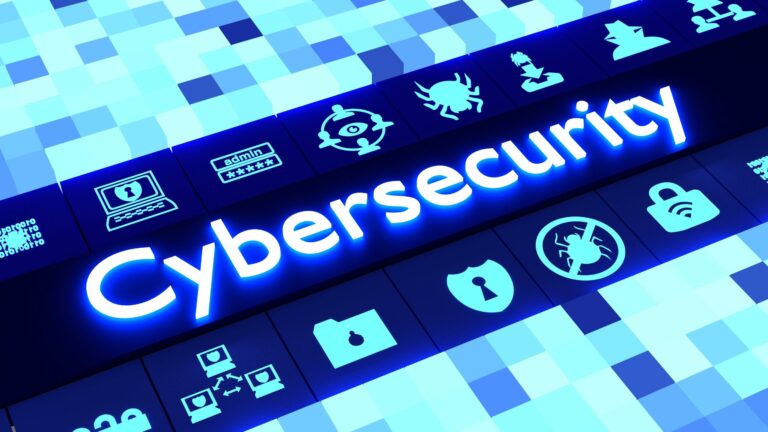If you ask the average person about blockchain technology, the most common response will be something related to cryptocurrency. While crypto has shown just how useful blockchain technology can be for decentralised peer-to-peer payments, it can offer so much more than that. Many intelligent people have been finding more real-world use cases for blockchain technology, and cybersecurity is one of the most common use cases. More and more companies have been trialling blockchain technology as part of their cybersecurity system to protect their businesses with excellent results! Let’s take a closer look at how blockchain can aid cybersecurity.
Secure Messaging Software
You’ll be hard-pressed to find someone who doesn’t use a messaging app at least once daily, as company employees communicate on messaging systems such as Teams and Slack. Social media is most popular thanks to apps such as Instagram and Tik Tok. However, creating accounts with these platforms takes a substantial amount of metadata from your device. While this isn’t necessarily a problem, it becomes problematic when users don’t secure their accounts with strong passwords. Many social media companies implement blockchain technology to protect user data as part of their cybersecurity. By using blockchain technology, they create a unified API framework used across various platforms. By doing so, these companies can eliminate a number of data breaches yearly, creating a more secure place for their users.
Maintain Software Integrity
A primary way to use blockchain technology in cybersecurity is to authenticate software downloads. Currently, the best way to check whether a piece of software from a website is legitimate is by checking the MD5 hashes of the installer program against the hashes on the vendor’s website – if there’s a match, it’s likely legitimate. However, there’s always a chance that the site has been compromised and the hashes have been changed to match the illegitimate software.
Data on a blockchain is immutable, meaning it cannot be changed once written. Therefore, if a software provider were to record their hashes on the blockchain, there is no way to change that hash. So you’ll know whether or not your software is legitimate. Verification is crucial for industries where compromised software can lead to huge losses, such as the banking, accounting, and online poker industries. There have been several high-profile cases of online poker sites being hacked, costing players millions of dollars and ruining the reputation of those sites. This kind of cybersecurity is reportedly being trialled by online poker sites worldwide, from the UK to Thailand to Canada.
For this reason, looking for expert platforms that have reviewed thousands of poker sites to choose from wherever you are is essential. These websites have evaluated the safety measures taken by each operator to guarantee that you will remain risk-free while using their services. In addition to ensuring that players have a positive experience, the operators offer a diverse selection of poker games for players to choose from. Furthermore, players can win a seat in some of the most prestigious tournaments in the world by participating in the games offered by these operators.
Poker is famous around the globe and can be played in a wide variety of languages through these websites; if you want to play it in Thai, you can do so if you go to an โป๊กเกอร์ออนไลน์ (online poker) site from their recommended list. The platform includes all the information necessary for Thai players and any other player to begin playing online poker in their respective countries. It is anticipated that the number of websites that can be relied upon to provide accurate information will increase as many companies adopt blockchain technology.
Prevent DDoS Attacks
Finally, another way that blockchain technology can improve cybersecurity is by helping to prevent Dedicated Denial of Service (DDoS) attacks. These attacks are one of the biggest threats to online businesses worldwide. They’re menacing as a DDoS attack can take down a website for days at a time, preventing anyone else from accessing it and losing the company significant amounts of money. One of the ways these attacks are carried out is by targeting the company’s DNS system, which is often a single point of failure within a network infrastructure. However, by using blockchain technology to decentralise things like DNS, attacks like this can be significantly reduced, as there is no longer a single point of failure to target.












